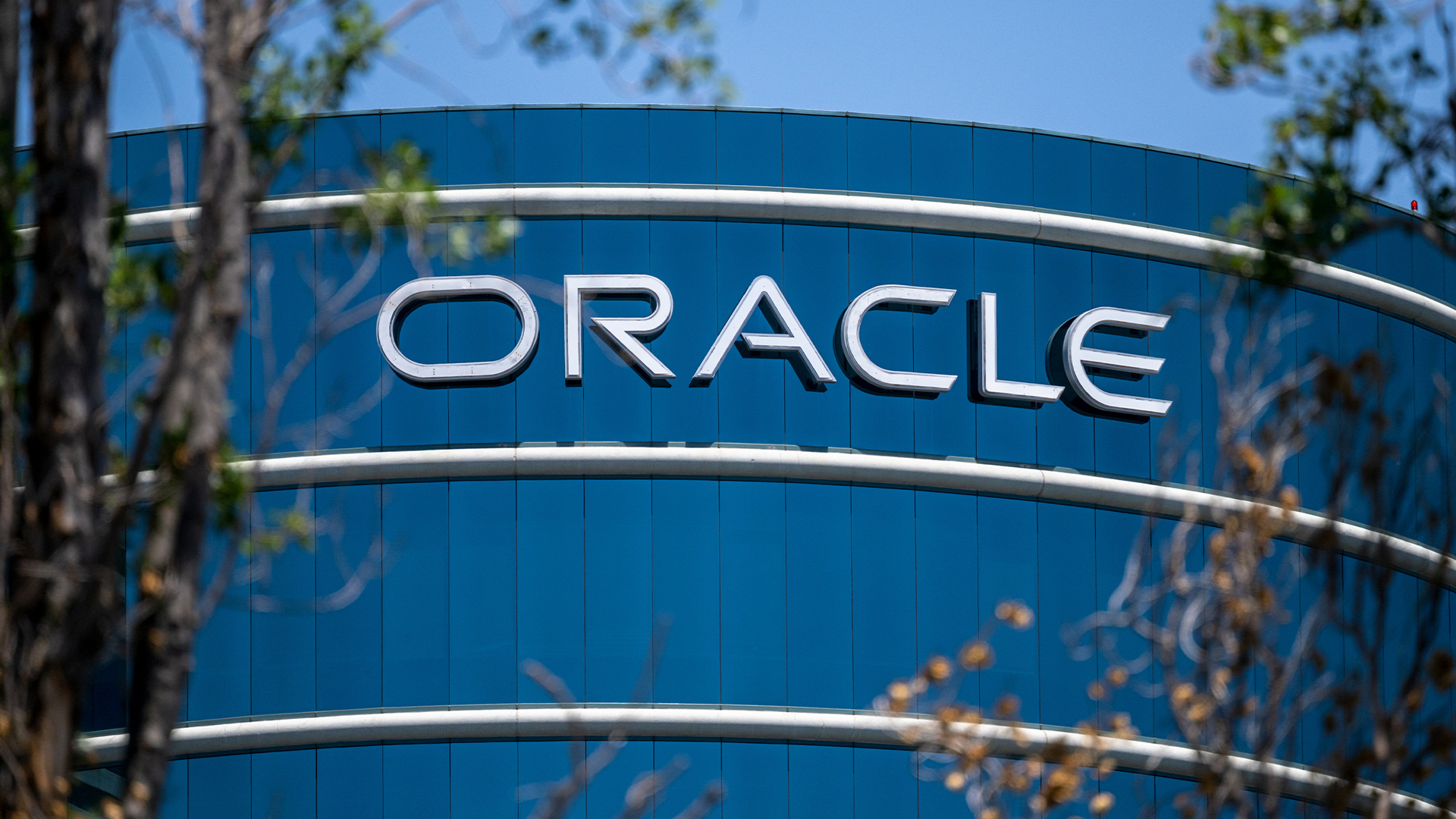Innocent web searches that lead to danger
Updated research finds that innocuous search terms can still lead to malware sites.


Sign up today and you will receive a free copy of our Future Focus 2025 report - the leading guidance on AI, cybersecurity and other IT challenges as per 700+ senior executives
You are now subscribed
Your newsletter sign-up was successful
Seemingly innocent searches on the internet can lead to malicious content downloaded onto computers, according to a new report.
The research by anti-virus company McAfee found that 4.4 per cent of search results linked to dodgy web sites containing malicious content such as viruses or trojans.
The research also found that eight per cent of sponsored results rated as red or yellow - nearly three times the percentage of red and yellow sites found in normal results. "Red" rated sites failed McAfee SiteAdvisor's safety tests. Examples of sites are ones that distribute adware, send a high volume of spam, or make unauthorised changes to a user's computer.
The research noted that scam sites are found at a much greater frequency in sponsored results. MSN has the highest percentage of risky sponsored results (10.7 per cent), while Ask's sponsored results are safest (6.5 per cent).
The survey is an update of one carried out in May by the company. The study was conducted by compiling a list of approximately 2,500 popular keywords derived from lists of common searches from the search engines themselves and other industry sources.
The first five pages of search results for each keyword were then analysed for each of the five search engines.
"It's good to see that clicking on search engine results has gotten modestly safer," said Chris Dixon, director of strategy, McAfee SiteAdvisor. "But when almost one of 12 sponsored links still clicks through to a risky site there remains significant room for continued improvement."
Sign up today and you will receive a free copy of our Future Focus 2025 report - the leading guidance on AI, cybersecurity and other IT challenges as per 700+ senior executives
There are a number of popular but risky searches, including those containing the word "free", which are particularly likely to lead users to sites with malicious content. The research found that searches containing the word "free," had 14.5 per cent of results link to sites rated yellow or red by the company.
Of the Google Zeitgeist search terms analysed, the most dangerous category is "tech toys," examples of which include "ipod nano," "mp3 music downloads," and "winmx." 23.3 per cent of results for this category were rated red or yellow by McAfee SiteAdvisor. Another dangerous Google Zeitgeist category of note includes "childhood favourites" (6.7 per cent of results led to dodgy sites). Among the keywords in this category were "Winnie the Pooh" and "Tweety."
Donal Casey, security consultant, Morse said that businesses need to stay vigilant about ensuring that all PCs, including those of remote workers, are kept up to date with patches to minimise exposure to vulnerabilities.
"They should also use technology such as content filtering and proactive scanning to prevent malicious code being inadvertently downloaded onto PCs and educate employees that even when searching for something innocent they could be taken to a website with malicious code and, therefore, they need to always be careful," he said.
"This is especially important in the lead up to Christmas when businesses are winding down and more employees are surfing the net or doing last minute Christmas shopping online," said Casey.
Rene Millman is a freelance writer and broadcaster who covers cybersecurity, AI, IoT, and the cloud. He also works as a contributing analyst at GigaOm and has previously worked as an analyst for Gartner covering the infrastructure market. He has made numerous television appearances to give his views and expertise on technology trends and companies that affect and shape our lives. You can follow Rene Millman on Twitter.
-
 PayPal poaches HP’s Enrique Lores in surprise CEO appointment
PayPal poaches HP’s Enrique Lores in surprise CEO appointmentNews The veteran tech executive will lead the payments giant into its next growth phase amid mounting industry challenges
-
 Oracle targets financial services gains with new agentic AI suite
Oracle targets financial services gains with new agentic AI suiteNews The cloud giant has unveiled a new series of agents for retail banking providers
